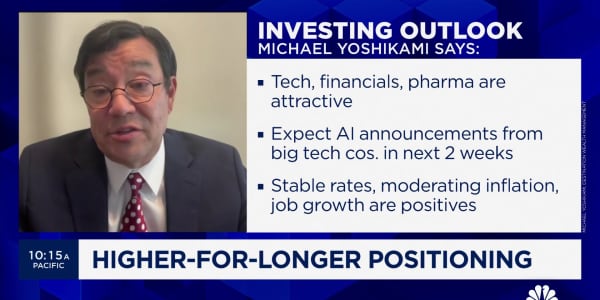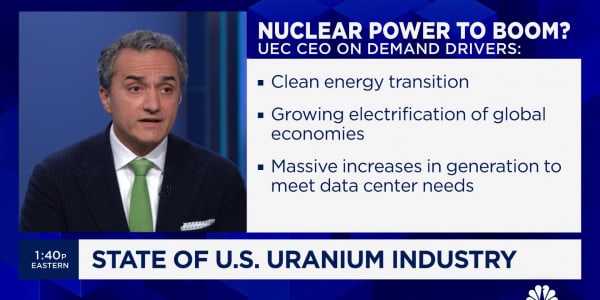The better-than-expected jobs numbers released Friday may mean rising taxes for many workers.
January saw 243,000 new jobs added to the economy. Unemployment fell to 8.3 percent.
The stronger numbers may make federal lawmakers reluctant to extend the payroll tax cut. A Capitol Hill agreement late last year extended the tax cut through the end of February. If not extended, the tax cut will expire on Feb. 29.
President Obama and Congress struck a bipartisan deal that reduced the Social Securitypayroll tax to 4.2 percent in 2011 from 6.2 percent. Nearly 160 million workers benefit from the tax cut, according to the Internal Revenue Service. This means that workers pay a smaller amount in taxes without a reduction in their future Social Security benefits.
The tax cut was intended to provide relief to workers and stimulate the economy, although there is some question about whether it has been effective. Some economists believe that workers are unlikely to increase spending when tax cuts are known to be only temporary.
If lawmakers conclude the U.S. economy no longer requires stimulus from a payroll tax cut, they may decline to extend it beyond the end of February.
In December, House Republicans resisted a two-month extension of the tax cut that had been passed by a bipartisan agreement in the Senate.
After taking a lot of political heat for threatening to end a deeply popular tax cut, House Republicans agreed to an extension intended to give lawmakers time to negotiate a longer-lasting extension.
Questions? Comments? Email us at
Follow John on Twitter @ twitter.com/Carney
Follow NetNet on Twitter @ twitter.com/CNBCnetnet
Facebook us @






